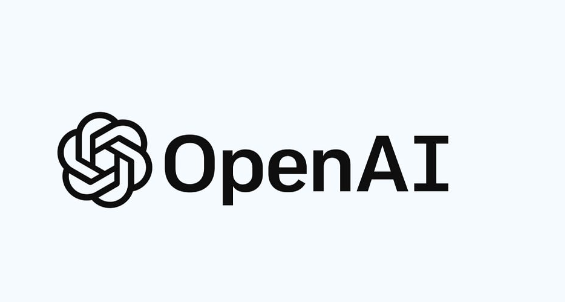In a groundbreaking legal move, Elon Musk has initiated a lawsuit against OpenAI, the artificial intelligence research lab he once helped establish. The lawsuit, filed in San Francisco Superior Court, centers around allegations that OpenAI has strayed from its foundational ethos—to advance AI technology for the betterment of humanity, not for profit maximization.
The Genesis of the Dispute
Elon Musk, a pivotal figure in the founding of OpenAI, envisioned the organization as a bastion for altruistic AI development. His investment was predicated on the belief that OpenAI would remain a non-profit entity, with its innovations freely accessible to the public. The core of the contention lies in what Musk perceives as a deviation from these principles, particularly after OpenAI’s significant pivot towards a “capped-profit” model and its deepening ties with Microsoft.
The Allegations at Hand
Musk’s lawsuit articulates a sense of betrayal, suggesting that OpenAI’s current trajectory is at odds with the initial agreement. He accuses the organization of becoming a “closed-source de facto subsidiary” of Microsoft, thereby prioritizing corporate gains over societal welfare. The legal documents highlight concerns over the transformation of OpenAI into a for-profit entity, leveraging its AI advancements for financial gains rather than the collective human benefit.
The Legal and Ethical Underpinnings
The lawsuit raises pertinent questions about the governance of AI entities and the ethical responsibilities they hold. Musk is challenging the contractual adherence of OpenAI to its original mission, asserting breaches of contract, fiduciary duty, and engaging in unfair business practices. He seeks to ensure that the organization’s technological advancements remain a public good, not monopolized for corporate profit.
Broader Implications for AI Governance
This legal challenge extends beyond the parties involved, spotlighting the critical issue of AI governance. As AI technology advances, the debate intensifies over the balance between innovation, profit, and ethical responsibility. Musk’s lawsuit underscores the necessity for clear guidelines and accountability mechanisms to ensure that AI serves the broader interests of humanity.
The Road Ahead
As the legal proceedings unfold, the tech world watches closely. The outcome of this lawsuit could set a precedent for how AI organizations navigate the fine line between innovation, profit, and ethical obligation. It also raises broader questions about the role of founders and investors in steering the mission of high-tech entities and the accountability mechanisms in place to uphold their founding visions.
This lawsuit is not merely a legal battle; it’s a pivotal moment in the discourse on the future of AI, its governance, and its role in society. As we advance into an era where AI’s influence pervades every sector, the principles guiding AI development and deployment become increasingly significant. The tech community, policymakers, and the public await the resolution of this case, which will likely have lasting implications for the field of artificial intelligence and its impact on society.
